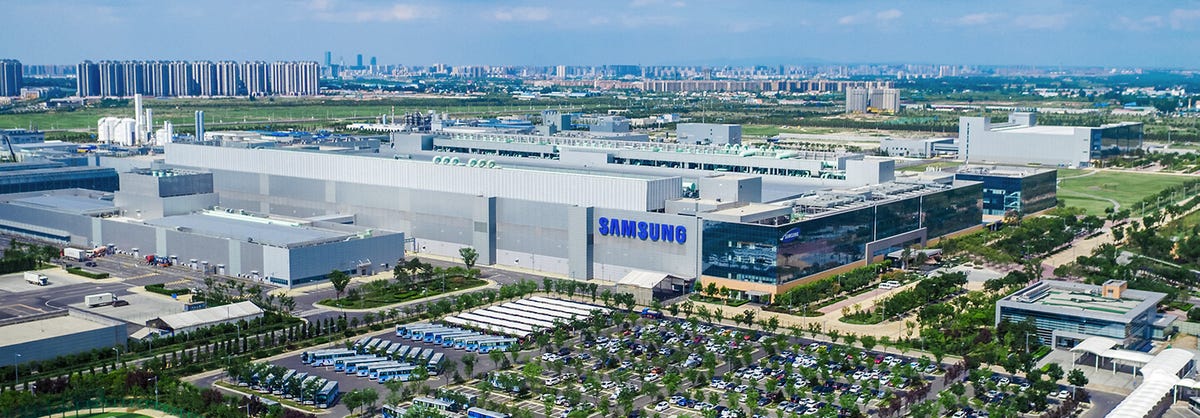
Written by
Chris Duckett, APAC Editor

Chris Duckett
APAC Editor
Chris started his journalistic adventure in 2006 as the Editor of Builder AU after originally joining CBS as a programmer. After a Canadian sojourn, he returned in 2011 as the Editor of TechRepublic Australia, and is now the Australian Editor of ZDNet.
Full Bio
on December 30, 2021
| Topic: Hardware

Image: Samsung
With the 13 million people that live in Xian in a lockdown that began last week, Samsung has said in response it will “adjust operations” at its semiconductor facilities.
“This decision was made in accordance with our commitment to protecting the health and safety of our employees and partners, which remains our top priority,” the Korean giant said.
“We will also take all necessary measures, including leveraging our global manufacturing network, to ensure that our customers are not affected.”
According to The Korea Economic Daily, the fabs in Xian make up 42.5% of Samsung’s NAND output, and translates to over 15% of production globally.
Samsung spent more $10 billion to create the production facilities in Xian, and employs over 3,300 people.
CNN reported the Xian lockdown has been tightened to only permit residents to leave home unless it is to be part of mass testing. Leaving home for groceries is not permitted.
Elsewhere in China, Waymo signed a deal with Chinese car manufacturer Geely to create an autonomous ride-hailing vehicle under Geely’s self-described premium electric brand, Zeekr.
Zeekr will create the vehicle in its Swedish facilities, and Waymo will integrate its Driver platform and deploy it in the United States over “years to come”.
Related Coverage
Smartphones are boring: How foldables and Apple can change thatSamsung’s mobile and consumer electronic divisions merge into one in exec reshuffleHPE: Supply chain issues have been worseningPC makers focus on business customers as supply chain problems continue
Korea
|
PCs
|
Servers
|
Storage
|
Networking
|
Data Centers